Secretary Blinken met with Palestinian Authority President Mahmoud Abbas in the West Bank city of Ramallah. The West Bank (the area west of the Jordan River), along with the Gaza Strip and East Jerusalem, are areas that Palestinians reside in and consider part of their "future state."
The unannounced meeting comes as part of Mr. Blinken’s latest diplomatic push in the Middle East. It is the second time the top diplomat of the United States, a key ally of Israel, has been to the region since the Hamas-Israel conflict erupted on October 7. Mr. Blinken has visited Israel and Jordan in the past two days, and is scheduled to hold meetings in Turkey on November 6.
Conflict Point: US Says Ceasefire Only Benefits Hamas; UK Appreciates Russian Suicide UAVs
Reuters said Mr. Blinken and Mr. Abbas held talks for about an hour but did not speak to the media.
According to Mr. Abbas's spokesman, the leader stressed to Mr. Blinken the urgency of an immediate ceasefire as well as the delivery of relief supplies into Gaza.

Secretary of State Blinken (left) met with President Abbas in the West Bank city of Ramallah on November 5.
In a statement released by the US State Department , Mr. Blinken said Washington was committed to bringing relief supplies into Gaza and restoring essential services there. Mr. Blinken "also expressed the US commitment to working toward realizing the legitimate aspirations of the Palestinian people to establish a Palestinian state."
According to Mr. Blinken, an “effective and revitalized Palestinian Authority” would be the most suitable force to manage Gaza in the long term. But the US Secretary of State also said that other countries and international agencies could play a role in security and governance in Gaza in the short term.
According to the statement, Mr. Blinken told Mr. Abbas that Palestinians in Gaza "cannot be forcibly evacuated" and the two discussed "the need to prevent extremist violence against Palestinians" in the West Bank.
US Secretary of State rejects Arab leaders' request for ceasefire in Gaza
Israel has repeatedly called on Palestinian civilians in northern Gaza to move south amid intensifying fighting, raising fears of a humanitarian crisis. Israel has also rejected calls from the United States for a partial ceasefire, which Washington says is necessary to allow aid into Gaza and for civilians to leave safely.
In a separate development, Israeli Prime Minister Benjamin Netanyahu on November 5 disciplined Heritage Minister Amihay Eliyahu, who appeared to voice support for the idea of Israel carrying out a nuclear attack on Gaza. Mr. Netanyahu’s office said Mr. Eliyahu, a member of a far-right party in the coalition government, was suspended from attending cabinet meetings “until further notice,” according to Reuters.
Earlier, Mr. Eliyahu participated in a radio interview. When asked about the option of using nuclear weapons in Gaza, he replied: "That is one way." His words attracted attention in the Arab media and caused controversy in the Israeli mainstream media.
Neither Mr Eliyahu nor his party leaders were part of the team that ran Israel’s war in Gaza. Nor did they have knowledge of Israel’s nuclear capabilities – which it has not publicly acknowledged – or the authority to activate them, according to Reuters.
US, Arab officials meet as casualties rise in Gaza during Israeli campaign
"Mr. Eliyahu's statements are not based on reality. Israel and the IDF (Israel Defense Forces) are operating according to the highest standards of international law to avoid harming innocent people. We will continue to do so until victory is achieved," Netanyahu's office said in a statement.
Source link




![[Photo] President Luong Cuong receives US Secretary of War Pete Hegseth](https://vphoto.vietnam.vn/thumb/1200x675/vietnam/resource/IMAGE/2025/11/02/1762089839868_ndo_br_1-jpg.webp)
![[Photo] Lam Dong: Images of damage after a suspected lake burst in Tuy Phong](https://vphoto.vietnam.vn/thumb/1200x675/vietnam/resource/IMAGE/2025/11/02/1762078736805_8e7f5424f473782d2162-5118-jpg.webp)


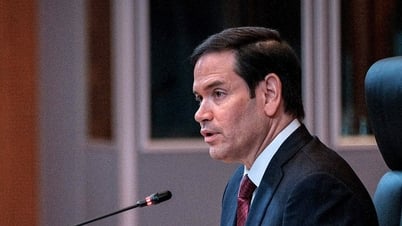



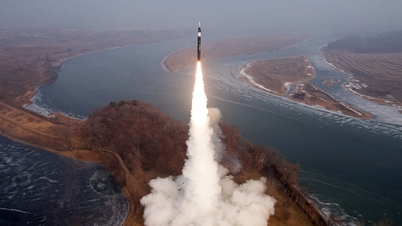
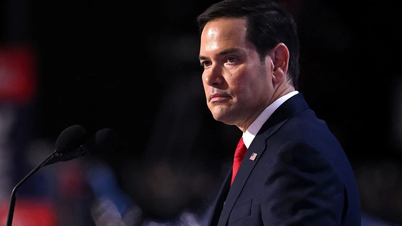



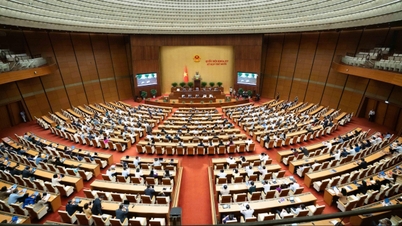



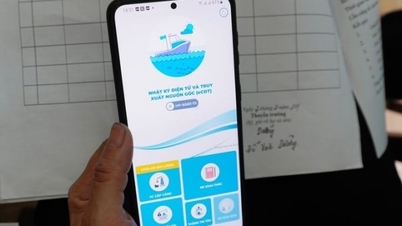





































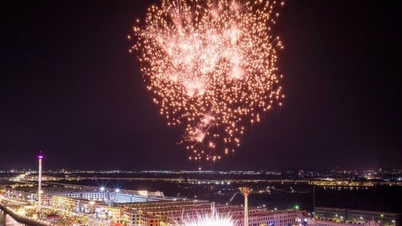










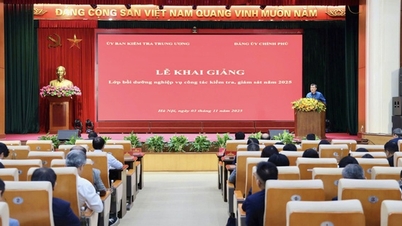



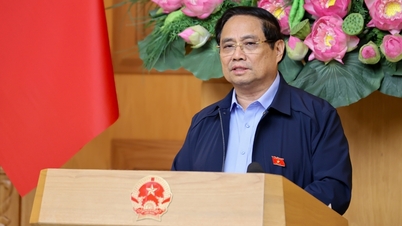




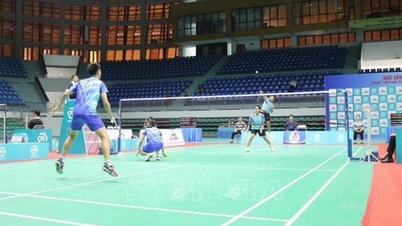



























Comment (0)